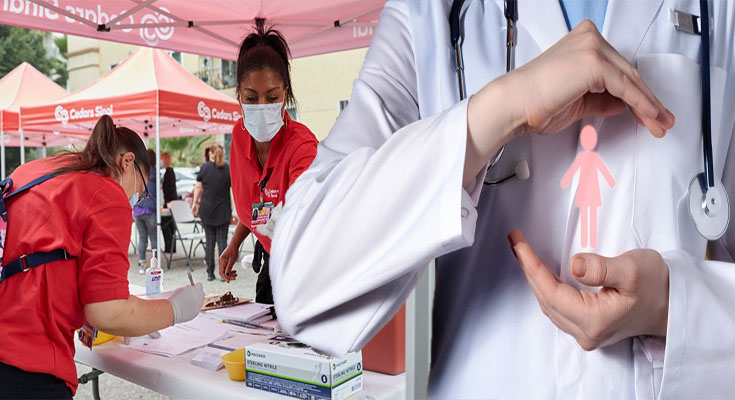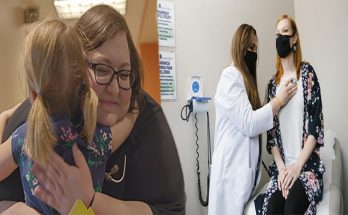Women’s health organizations play an important role in improving the lives of girls and women around the world. Despite the challenges they face, many of these organizations continue to thrive. This article explores the benefits of women’s health organizations and the challenges they face. We also examine the impact these organizations have on the lives of girls and women. We discuss the need for more funding for women’s health organizations and the impact they have on the lives of girls and women.
Women’s health
Women’s health organizations play an important role in improving women’s health and well-being. APA, for example, is a nonprofit organization devoted to promoting excellence in women’s health care. Its mission is to advance the field through education and advocacy. It also promotes the status of women in leadership roles within organizations, including women’s health organizations. WHIG’s membership is approximately 270 as of summer 2020.
Many nonprofit organizations have been formed to help women and girls around the world improve their health. Planned Parenthood, for example, provides health care for women and fights for the right to choose when and how to have children. The Global Fund for Women promotes gender equality and advances the rights of women. Despite the numerous challenges facing women around the world, there are still many opportunities for individuals to make a difference. By contributing to women’s health and education, you will be helping to advance the development of the world.
Discrimination against women’s health organizations
The UN General Assembly has adopted a resolution to address gender-based health inequities, including those facing LGBTQIA+ people. The Resolution also calls for greater participation of women in all fields. These organizations provide vital health care for women, children, and LGBTQIA+ people. Discrimination against women’s health organizations, or HWOs, can have a direct impact on the health of vulnerable groups, including women.
As part of this effort, feminist legal methods and empirical data are used to assess the effectiveness of laws and policies that restrict access to reproductive health services. In many instances, such laws violate the rights of women and their health. As part of this work, feminist legal methods reveal that gender bias in health care is often the result of outdated legislation that does not represent the interests of women. These feminist legal methods also reveal the effectiveness of current laws and highlight the need for alternative approaches to health care laws.
Impact of women’s health organizations on girls’ lives
In the United States alone, more than 45,000 organizations are dedicated to improving the health and well-being of women and girls. Those groups receive about 1% of all charitable giving, but they need more money to continue their important work. The work of these organizations improves lives and prevents diseases by increasing access to health care. In addition to providing health care, these organizations also develop community health infrastructure. This way, they can help curb the negative impacts of sexual and reproductive health issues.
During periods of crisis, girls are the most vulnerable groups in society, and are often subjected to greater risks. The Ebola pandemic, for example, has affected healthcare access and increased gender-based violence. During this time, girls were left disadvantaged and marginalized, and the incidence of child abuse and neglect has increased. While these conditions may not be immediately life-threatening, they do pose a number of risks for girls.
Need for more funding for women’s health organizations
The need for more federal funding for women’s health organizations is not a new one. The National Conference of State Legislatures (NCSL) held a seminar on women’s health in November 2011. The topic covered a range of issues including gender disparities, the ACA, and domestic violence. APA is also committed to advancing the reproductive health of women. Its members support research and policies that address the unique needs of women and children.
The Office on Women’s Health administers grant programs that address critical women’s health issues. The Office on Women’s Health solicits proposals for projects to provide information and advance policies, educate health care professionals, and support innovative programs. The office also seeks demonstration projects for treatments for endometrios, a common health condition among women. These grants are given with an emphasis on reducing disparities in underserved communities.





